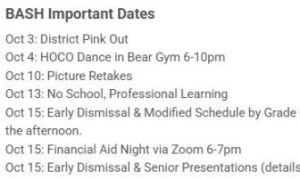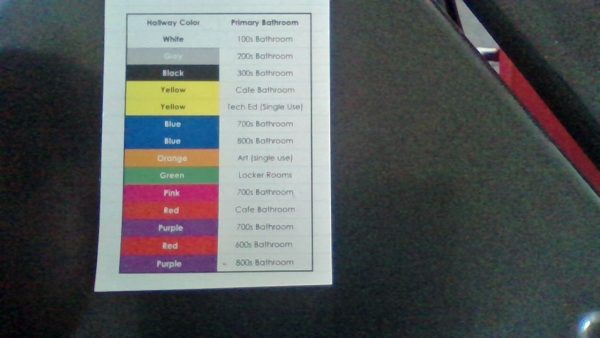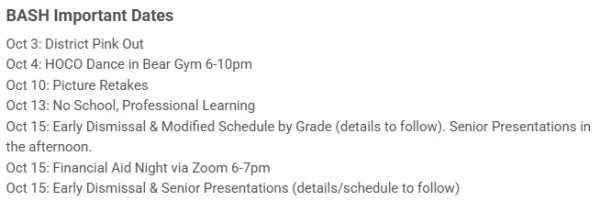Does Technology Help or Hinder Learning?

Technology has become a much more integral part of the classroom in recent years — with both good and bad results.
Apps such as Google Classroom, Kahoot, Padlet and Snapchat have undoubtedly made learning more efficient and engaging. But on the flip side, technology has made cheating easier.
According to math teacher Mrs. Hoffer, Google Classroom has benefitted both her teaching and her students’ learning.
“I can send out the answer keys for classwork, which allows students to find and try to fix their own mistakes before coming to me for help, “ she said. “It saves me from answering a million questions.”
Science teacher Mr. Knight also uses several tools to make classwork more engaging.
“Sometimes I use Kahoots to review, Padlet to get students to post ideas, and Thinglink to have students make ‘virtual posters’ that link to other websites and projects,” he said. “It really opens the door to endless possibilities, information, and creativity, both for teachers and for students.”
While the positive effects of using technology are evident, copying, plagiarism, and cheating are now more rampant than ever. Specifically, class group-chats outside of class have allowed students to exchange answers and assignments, with no real way of monitoring this activity, other than the students’ honesty. And in many cases, grades trump honesty.
Bashcub surveyed 35 students about their use of technology in school:
-Just over 50 percent said they have participated in group chats for at least one of their classes. Of those, 58 percent said they have sent a fellow student an assignment to copy and 66 percent said they’ve copied an assignment from someone.
One student commented that group chats are only necessary if “a lot of stuff is due or the teacher just isn’t substantial. When the teacher explains things well, there’s no need for a group chat.”
English Teacher Ms. Sue O’Brien sees group-chats among students as both good and bad.
“English classes, especially, are focused a lot on discussion, and carrying that outside of the classroom can be a good thing,” she said. “But it can be a negative as well, as I’ve seen people have their work and ideas stolen.”
Overall, in the survey, 91 percent said they have cheated, but only 13 percent said they have been caught.
The top three reasons for cheating were “Too much work”, “No time to study” and “Class is confusing”.
One student said some students cheat because “they do not feel comfortable speaking up about being confused or do not get the help they need…Not to mention some teachers pile students with homework, and we can’t get it all done.”

PJ Riddell is a senior at BASH and a Sports Editor. He will be majoring in Broadcasting and Media Production at Messiah University beginning in fall 2020,...





















